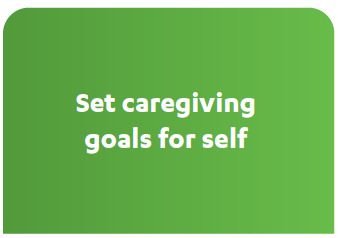HOW CAN A CAREGIVER HELP A PERSON WITH ULCERATIVE COLITIS?
When someone in the family has ulcerative colitis (UC), it can affect the entire family and their friends. Being a caregiver means helping someone manage both the physical symptoms of UC and the negative emotions the disease may bring. The challenges one may face over a long time may be complex and diverse.
Here's what one can do to help their loved one manage and overcome UC better.
Look for ways to avoid flare-ups
One can help prevent disease flare-ups by looking out for potential triggers. For example, help them avoid food items such as:
- Nuts and seeds, which may affect the gastrointestinal tract
- Milk and milk products, if they are lactose intolerant
- Aerated drinks, as they may cause gas
Ensure that medications are taken regularly
One of the best ways somebody can manage their UC is by taking prescribed medications properly. As a caregiver, one can help them adhere to their treatment regimen by reminding them to take their medicines
Do not get upset when someone with UC cancels plans
It's never personal when a patient suffering from UC cancels a plan, caregivers must be supportive
Take them to any procedures or appointments
Being present at appointments or just being there for moral support can help ease a lot of stress for the loved one
Plan a stay in
A simple text saying, "Hey, I am there for you", may be meaningful
Listen, and be present
It's essential to listen to them so they can share their thoughts/feelings
Help them with chores
Helping is one of the best ways to support the patient. Additional worry about house-hold chores may make them feel worked up
Be understanding
Try to help them relax by understanding their situation
Ask about their food restrictions and help them
In case of going out, attending a dinner, or just cooking, think about their food restrictions and try to accommodate
Ask them what they need
Sometimes it's simply best to ask, "What can I do for you?" the answer might be as simple as "Give me a hug" or "Nothing right now"
Remember, support means the world for people with UC.
WHAT TO ASK THEIR DOCTOR?
It's possible to get confused about what to ask the doctor while going for an appointment.
Here are some questions that one may ask a doctor, especially during the first appointment.
- What are the available treatment options?
- What are the most common side effects of the treatment?
- How should one deal with the pain and gastro-intestinal symptoms of a loved one?
- How to help a patient cope with the changes brought about by UC?
- What are the long-term complications that can occur if treatment is discontinued?
- Are there any warning signs to look for?
COMMON TERMS ONE SHOULD KNOW
Diarrhoea
Passage of three or more loose or liquid stools per day (or more frequent passage than What is normal for the individual)
Endoscopy
Visual check of the internal organs using a tube-shaped camera scope
Extra-intestinal
Located or happening outside the intestines
Fistula
Unusual channel that forms between the intestines, or between the intestine and another close structure like the bladder, vagina, skin or others
Gastrointestinal (GI, or digestive) tract
An organ system in the body which jointly refers to the mouth, esophagus, stomach, small and large intestines, and anus
Immune system
The body's natural defence system that fights against foreign materials
Inflammation
Immune response to tissue injury that causes redness, swelling, and pain
Intestine
Also called the bowel, intestine is a long, tube-like organ in the belly that finishes the process of digestion. It consists of the small and large intestines
Stricture
An unfamiliar narrowing of the intestine caused by swelling or scar tissue
Rectum
The lowermost portion of the large intestine that attaches to the anus
Resection
Surgical removal of an unhealthy part of the intestine
TAKING CARE OF CHILDREN WITH ULCERATIVE COLITIS
Children with UC can have several unique symptoms apart from the usual symptoms related to the swelling and immune response in the body. Such symptoms may range from being mild to severe.

Anemia due to blood loss

Blood in watery stools

Unexplained weight loss

Malnutrition, due to poor absorption of nutrients

Rectal bleeding
TIPS FOR PARENTS TO HELP THEIR CHILDREN COPE WITH ULCERATIVE COLITIS
There are multiple ways parents can help their children cope with UC and live healthy and happy lives. Here are a few points:



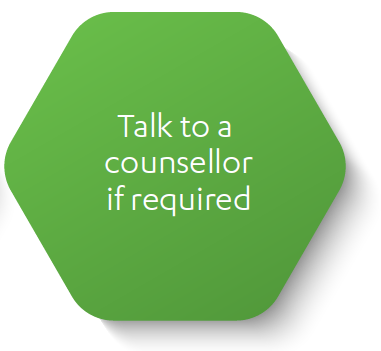
CARING FOR SELF
Caring for self is the most important and one of the often-forgotten things for a caregiver. Middle-aged caregivers may be at an increased risk of developing depression and experience a likely decline in the quality of life, as they may be simultaneously juggling other responsibilities.
Here are some problems caregivers may experience:
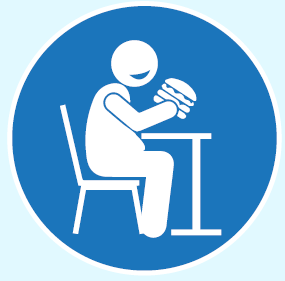
Poor eating habits

Lack of exercise
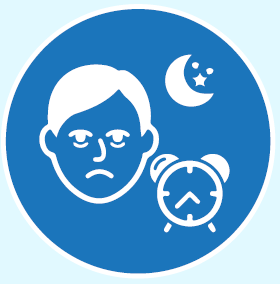
Sleep deprivation

Inadequate rest
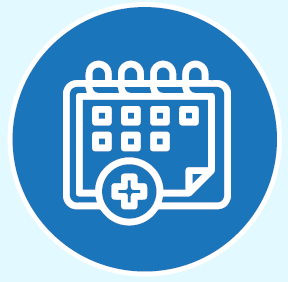
Failure to make medical appointments or postponing them
Some self-care tips are mentioned below:


